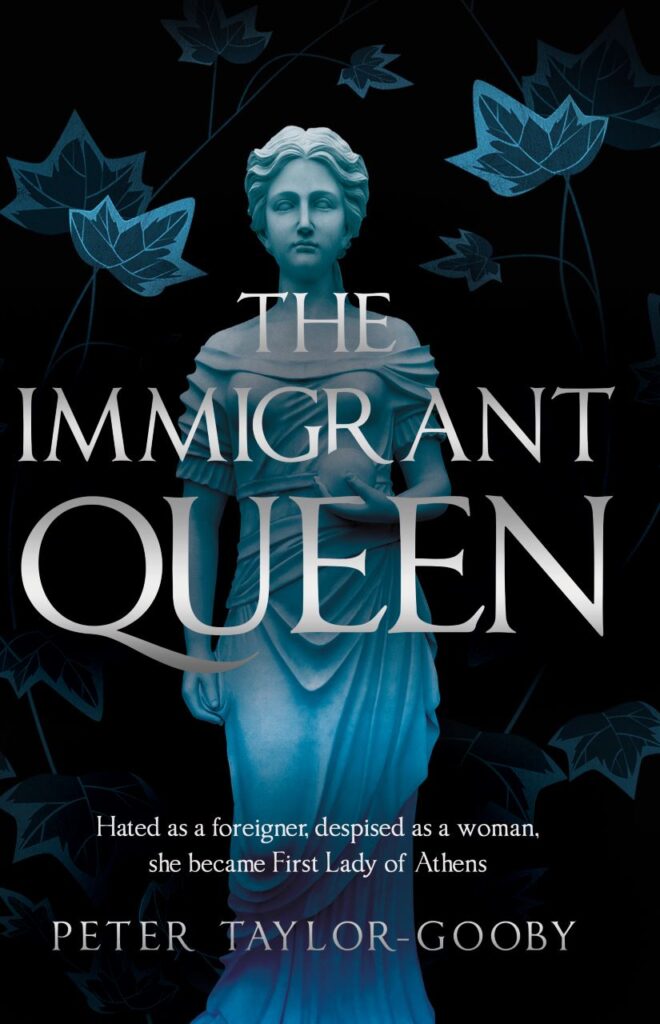The RONA shortlists: Charlotte Betts on the Painter’s Apprentice
Richard Lee
Charlotte Betts is shortlisted for the Romantic Historical Novel Prize. See the other shortlisted historical titles for the Romantic Novel of The Year. The winner will be announced on Monday 17th March 2014.
 What is your novel, The Painter’s Apprentice, about?
What is your novel, The Painter’s Apprentice, about?
It’s1688. Beth Ambrose has led a sheltered life within the walls of Merryfields, where her parents provide a sanctuary for the melancholic. A gifted artist, Beth shares a close bond with troubled painter, Johannes, who takes her on as his apprentice. But as political tensions rise in London, Noah Leyton arrives in the middle of the night and turns Beth’s world upside down. Meanwhile, Merryfields becomes refuge to a mysterious guest, whose connections provide an opportunity for Beth to fulfil her artistic ambitions. But she soon realises it comes at a price. As the Glorious Revolution throws the country into turmoil, can Beth find the courage to follow her heart and defend all she holds dear? And change the course of history for good . . .
What was the initial inspiration for The Painter’s Apprentice?
I spent three years researching and writing The Apothecary’s Daughter and by the time I’d finished it was hard to let go of the characters I’d grown to love. So I didn’t. I chose to continue the story of the next generation of the same family and set about discovering what interesting events were happening twenty or so years after the end of The Apothecary’s Daughter. This led me to the fascinating story of the Glorious Revolution of 1688. What elements came about serendipitously? Putting together a credible plot doesn’t happen by itself. I took a great deal of care to set out an accurate historical time frame before I began to weave my love story around the dates. My light bulb moment came when I read about how Princess Anne escaped in the dead of night from where she was imprisoned in Whitehall. The escape was masterminded by the Bishop of London and he was accompanied by his gardener and another servant. This was a turning point for the Revolution and Beth, my heroine, fitted neatly into the role of that servant.
Which character in The Painter’s Apprentice are you most fond of?
I think this has to be Arabella, my heroine’s stepmother. She is beautiful and breathtakingly selfish but I can’t help admiring her for being such a survivor. I found her so fascinating that she appears in my first two novels, has a cameo in the third and a short story, The Milliner’s Daughter, all to herself!
History and Romance, or Romance and History?
The love story always comes first for me. Despite that, I enjoy finding out about history and sneak as much factual detail as possible into my stories to enrich my characters’ lives, without overwhelming the reader with a history lesson.
How was romance different then and what remains the same?
Even though my stories are set in the past, the emotions that my characters feel are much the same as we feel today. Social and political ideals change but we all feel grief if a loved one dies and that heady rush of excitement when we fall in love. Another difference between romance now and then is that women used to have far less choice in their lives than we do now. It’s necessary to make my heroines unusually strong women for their time or they may not resonate with the female readership of today. How are historical novels better now than ‘old school’ historical novels? Generally the dialogue is more modern. I believe this helps the reader to become totally involved in the story without stumbling over archaic expressions such as ‘methinks’! However, it’s important not to use modern slang or anachronistic words which have the same effect. A certain formality to the words is usually sufficient to convey the impression of times past.
What do you think is missing for modern readers?
Peace and quiet to lose yourself in a good book! The pace of life is so frenetic now and there are always so many distractions that it’s hard to find a decent chunk of time to read.
Quick Questions
Cathie Earnshaw or Elizabeth Bennet? Elizabeth Bennet. I always feel she reflects Jane Austen’s own personality.
Call the Midwife or Downton Abbey Both! They both transport me back to another era and I enjoy the different flavours of each.
Tony Robinson or Dan Snow? Dan Snow. I still think of Tony Robinson as scrofulous Baldrick!
Wolf Hall or The Other Boleyn Girl? The Other Boleyn Girl. Ssshh! Don’t tell anyone but I couldn’t get into Wolf Hall.







